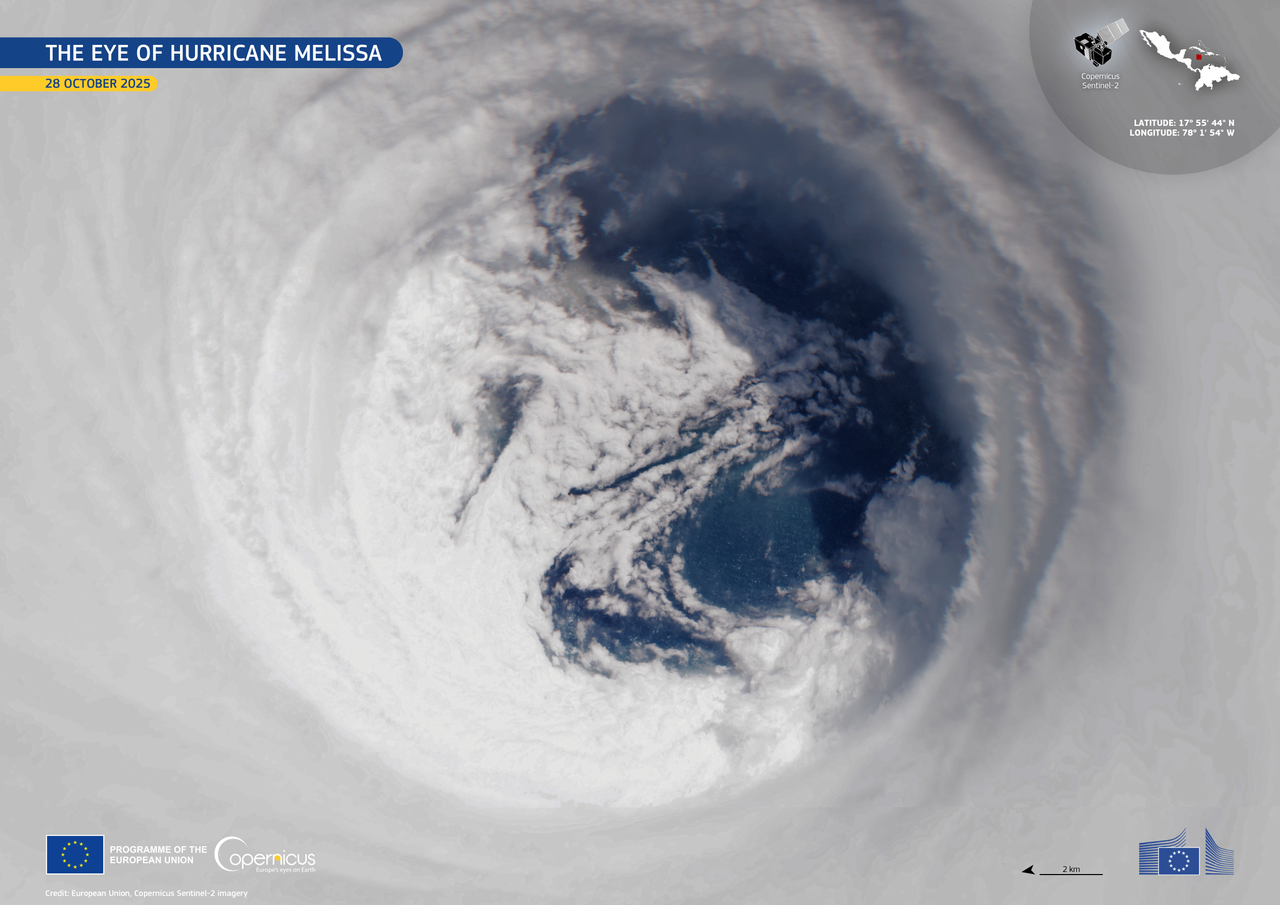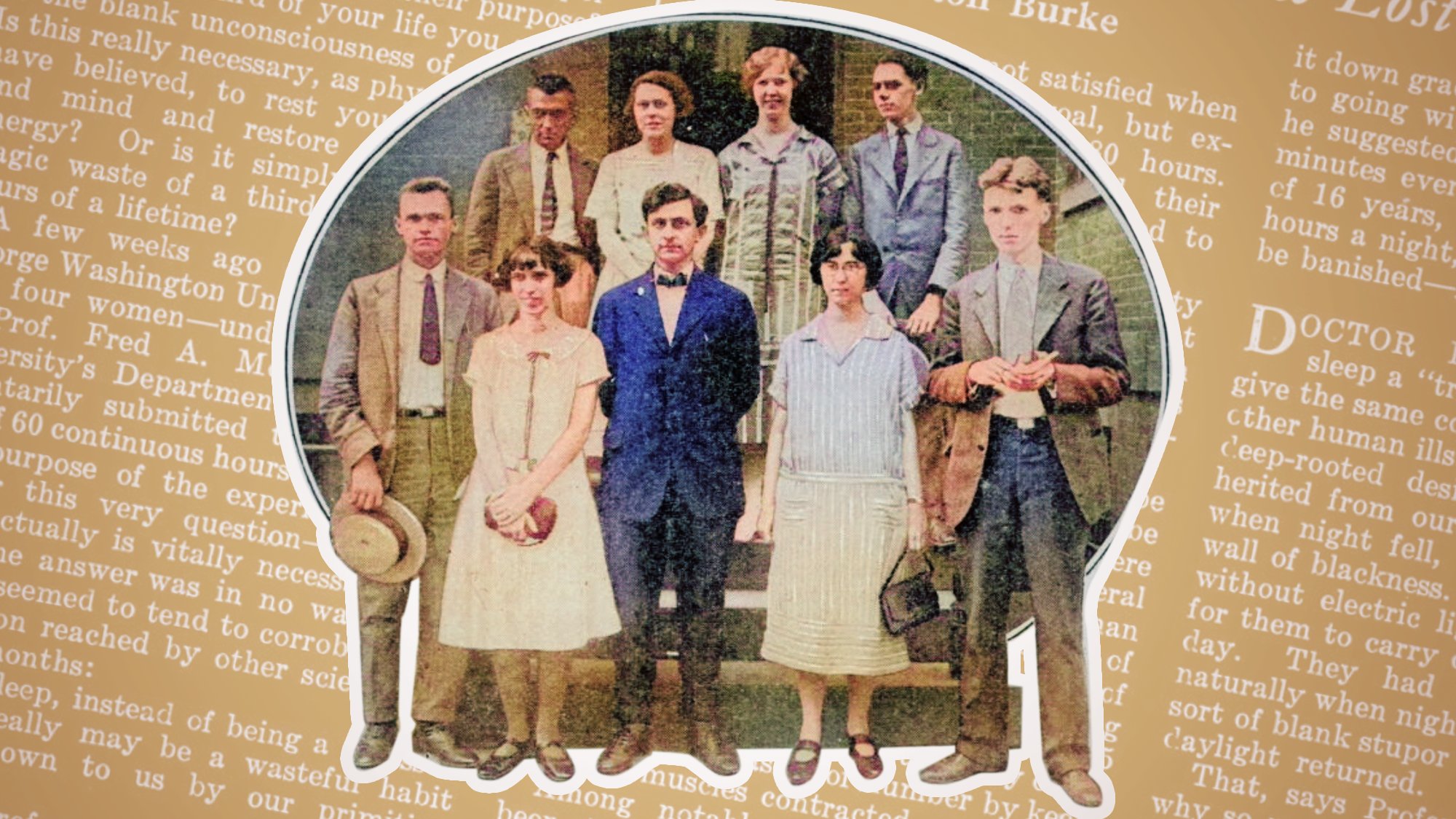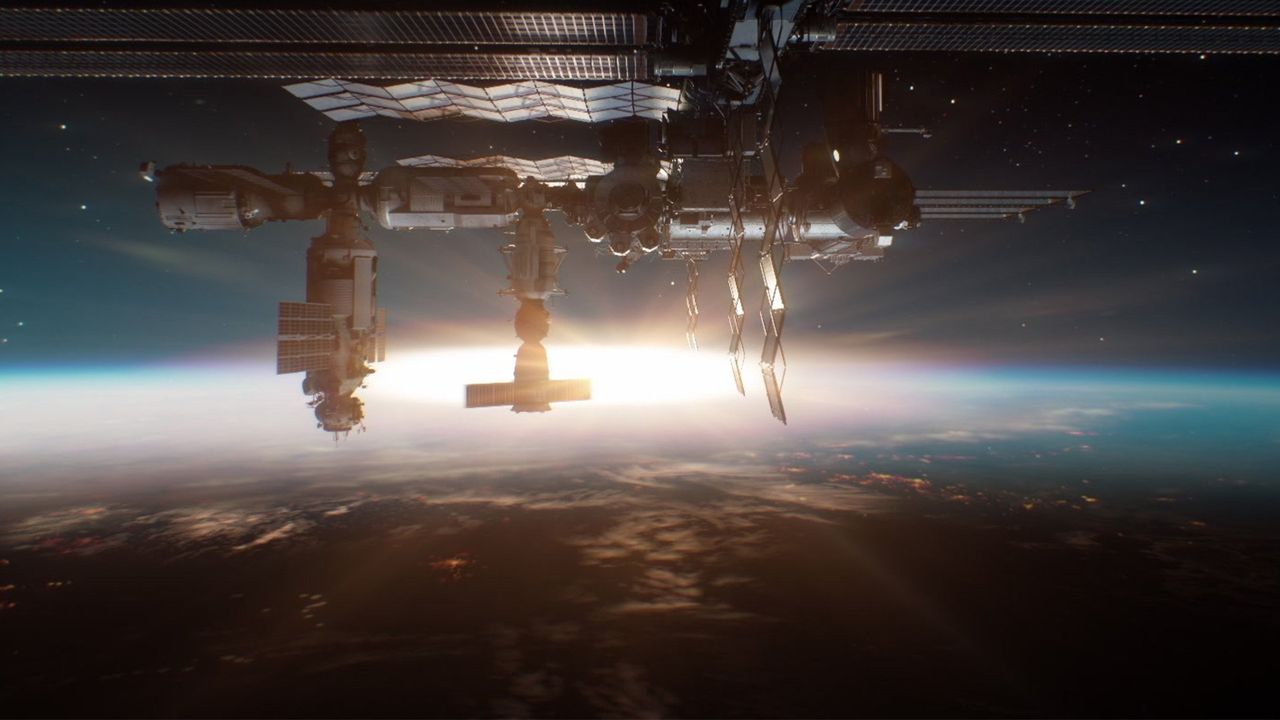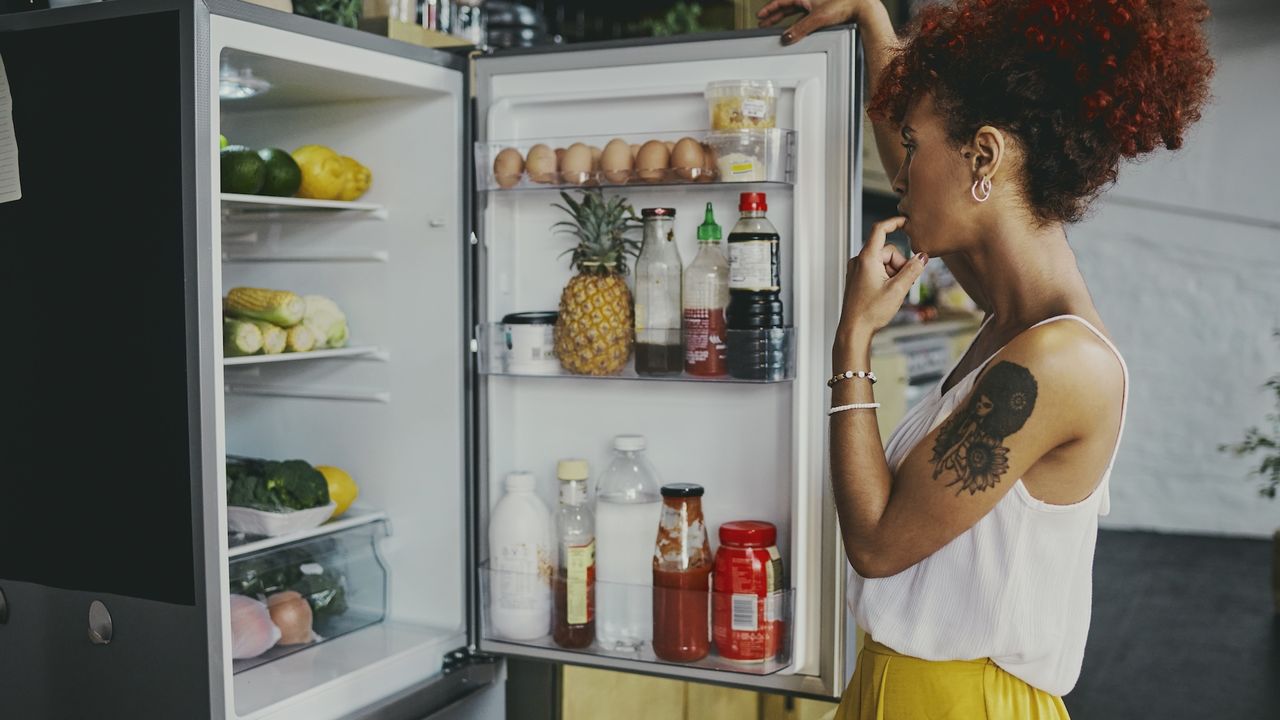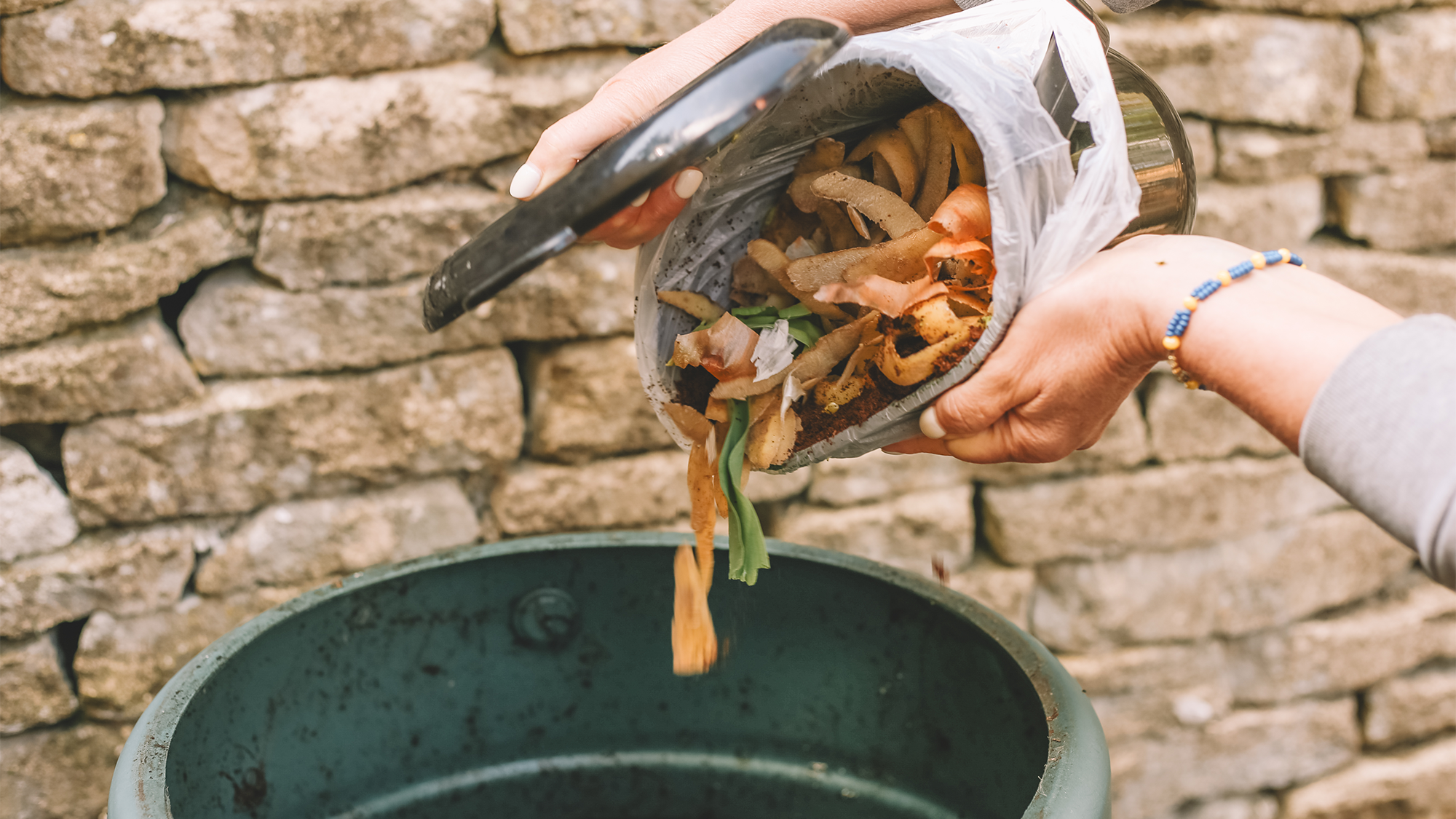Satellite images show 'mesovortices' forming around the eye of deadly Hurricane Melissa
NeutralScience
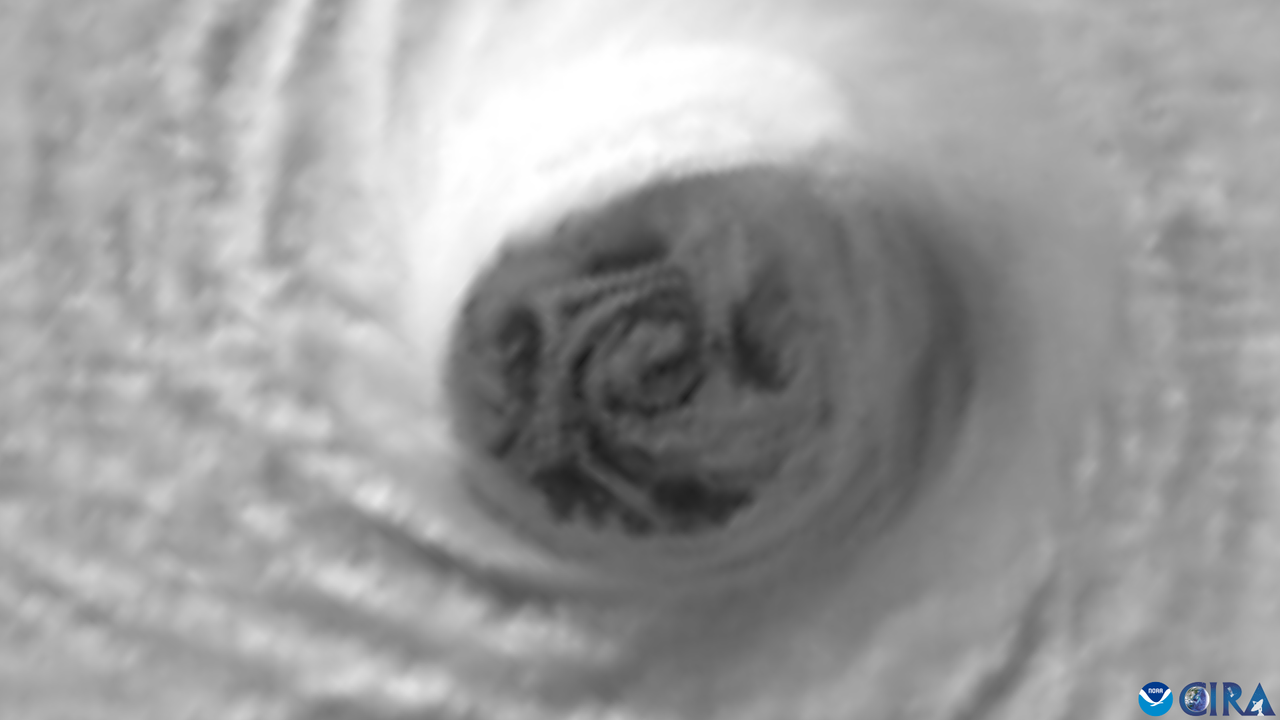
Recent satellite images from NOAA reveal the formation of 'mesovortices' around Hurricane Melissa's eye as it traverses the Caribbean. This phenomenon is significant as it highlights the complex dynamics of hurricanes, which can impact their intensity and path. Understanding these patterns is crucial for improving forecasting and preparedness in regions vulnerable to such storms.
— Curated by the World Pulse Now AI Editorial System



